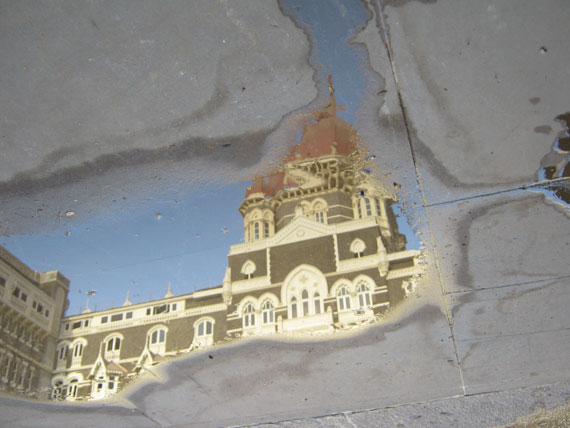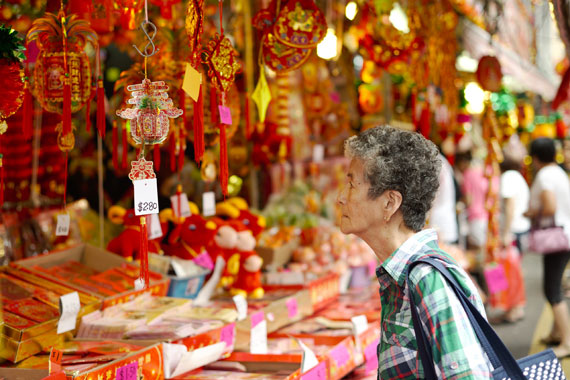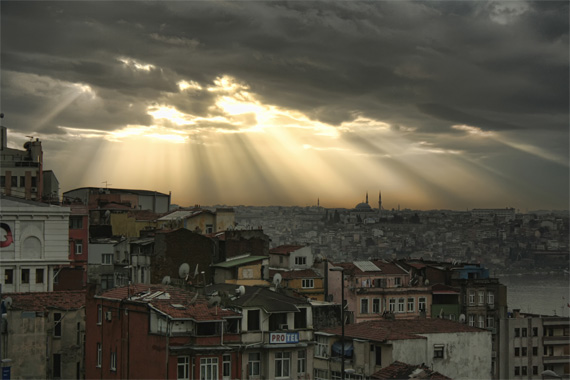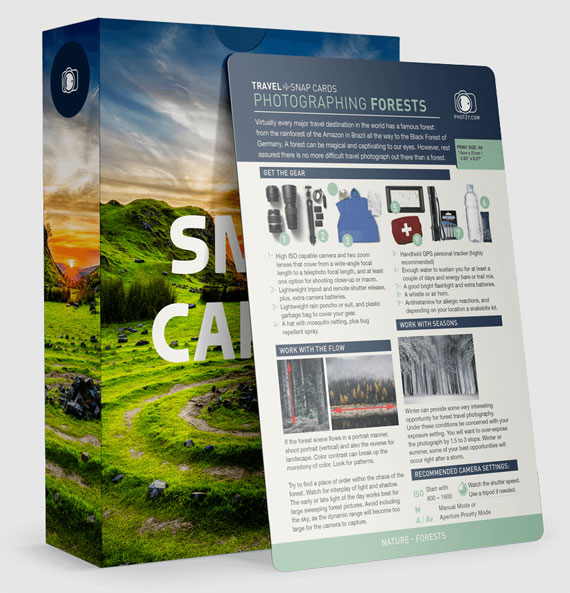Travel photography offers the perfect opportunity to document your adventures, immerse yourself in new cultures, and create lasting memories. Whether you’re an amateur with a smartphone or a seasoned photographer with a full kit, thoughtful planning and execution can help you capture stunning images that tell the story of your trip. Below are some practical tips to help you prepare for your journey and make the most out of your travel photography.
Relevant reminder: only a little while left for the Travel Photography Snap Cards at 93% Off

“Reflections” captured by meenakshi madhavan
1. Research Your Destination
Before you set out, it’s important to research your destination. Understanding the local culture, landscape, and lighting conditions will help you plan your shots.
- Know the landmarks: Research iconic locations and lesser-known gems. Websites like Instagram, Google Maps, and travel blogs can provide excellent insights into popular spots and hidden treasures.
- Learn about the weather: Weather conditions can drastically affect your photos. Check the forecast so you can plan for dramatic skies or bright sunshine, and pack accordingly.
- Cultural awareness: Some places have specific rules about photography, especially around religious or sacred sites. Respect local customs to avoid any issues and to show cultural sensitivity.
2. Plan Your Gear
Packing light but smart is key for travel photography. The right gear will depend on your style and what kind of shots you want to capture.
- Camera: Whether you’re using a DSLR, mirrorless, or even a smartphone, make sure it’s reliable and fits your needs. Lightweight mirrorless cameras are great for travelers who don’t want to lug around heavy equipment.
- Lenses: Consider a versatile zoom lens (e.g., 24-70mm) for a range of shots. A wide-angle lens is perfect for landscapes and cityscapes, while a prime lens (like 50mm) can be ideal for portraits and street photography.
- Tripod: A small, travel-friendly tripod is great for low-light conditions, long exposures, or time-lapse photography.
Accessories: Don’t forget extra batteries, memory cards, and a lens cleaning kit. If you’re traveling to a humid location, consider packing silica gel to prevent lens fog.

Photo captured by Nicolas Lannuzel
3. Time Your Shots
One of the secrets to excellent travel photography is timing.
- Golden hour: The period shortly after sunrise or before sunset offers the best natural light for most landscapes and portraits. The soft, diffused light during these times creates warm tones and long shadows, making your photos more dynamic.
- Blue hour: Right after sunset or before sunrise, blue hour provides a soft, cool-toned light that’s perfect for cityscapes and nighttime shots.
- Avoid the midday sun: Harsh sunlight can create unflattering shadows and overexposed highlights. If you must shoot at midday, try to find shaded areas or use a polarizing filter to reduce glare.
4. Embrace Candid Moments
While it’s tempting to focus solely on landscapes or landmarks, don’t forget to capture candid moments that tell the story of your journey.
- Street photography: Wander through local markets, festivals, or side streets to capture authentic moments. Be respectful when photographing people, and always ask for permission if needed.
- Details matter: Take close-up shots of local food, crafts, or textures to create a more immersive and detailed narrative of your experience.
5. Master Composition Techniques
Strong composition can turn a good photo into a great one.
- Rule of thirds: Divide your frame into nine equal parts using two horizontal and two vertical lines, and place your subject at the intersection points for a more balanced and engaging shot.
- Leading lines: Use natural lines like roads, bridges, or rivers to guide the viewer’s eye toward the main subject.
- Framing: Use natural elements like archways, windows, or trees to create a frame within your photo, adding depth and focus to the scene.

“Istanbul a moment” captured by PictureSocial member giovanna tucker
6. Be Ready for the Unexpected
Some of the best travel photos come from spontaneous moments. Keep your camera within easy reach, whether you’re hiking through mountains or wandering city streets.
- Patience is key: If the lighting isn’t right or there are too many tourists in your shot, wait it out. Often, the scene will change, and you’ll get the perfect shot if you’re patient enough.
- Be flexible: Weather can be unpredictable, but rainy or foggy conditions can create atmospheric and unique shots that stand out.
7. Post-Processing Tips
Editing is the final step in bringing your travel photos to life.
- Don’t over-edit: While it’s tempting to go heavy on filters, try to keep your edits subtle and true to the scene. Aim for natural enhancements that make your photos pop without losing authenticity.
- Backup your photos: Don’t forget to back up your images during the trip, whether through cloud storage or an external hard drive, to avoid losing your precious memories.
With a bit of planning and the right mindset, your travel photography can become more than just a way to remember your trip—it can become a visual story that captures the essence of your journey. Remember, it’s not just about the photos themselves but the experience of connecting with new places and cultures along the way. So grab your camera, explore the world, and make lasting memories with each click.
By incorporating these tips, you’ll be well on your way to capturing stunning travel photographs that stand the test of time.
For Further Training, Deal Ending Soon:
Have you ever missed that perfect travel photo because you were busy fiddling with your camera settings? These new printable Travel Photography Snap Cards are designed to make your travel photography a bit more stress-free and creative. They are currently available at 93% off today, along with bonus material.
Whether you’re exploring deserts, forests, or mountains, these snap cards may help make your photography adventures more enjoyable. They also come with a generous 365-day, money-back guarantee so there’s no risk in trying them.
Deal ending soon: The Travel Photography Snap Cards at 93% Off
Like This Article?
Don't Miss The Next One!
Join over 100,000 photographers of all experience levels who receive our free photography tips and articles to stay current:






love the photos and tips, thanks
Great advice. I also like to have a look from above on Google maps to spot my picture opportunities especially for panoramas and landscape.